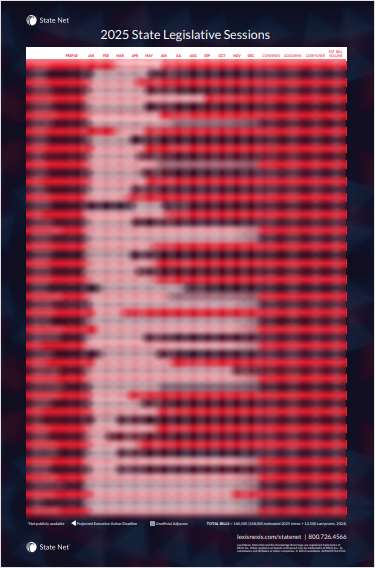Why 'Nicholas v. Mynster' Should Be Reconsidered
A commentary authored by three medical malpractice attorneys--and endorsed by 104 more--explaining why should be reconsidered by the Supreme Court of New Jersey.
January 14, 2015 at 06:23 AM
11 minute read
The original version of this story was published on New Jersey Law Journal
The Affidavit of Merit (AOM) Statute, N.J.S.A. 2A:53A-26 to -29, and the New Jersey Medical Care Access and Responsibility and Patients First Act (PFA), N.J.S.A. 2A:53A-41, require the plaintiff and defendants in malpractice cases to retain qualified experts. In the first “affidavit of merit” case, In Re Hall, 147 N.J. 379, 391 (1997), the Supreme court declared that the purpose of the AOM statute is to require plaintiffs to make “a threshold showing that their claim is meritorious, in order that meritless lawsuits readily could be identified at an early stage of litigation.” In our view, and those of the medical malpractice lawyers who have endorsed this opinion, this laudable goal of the AOM statute has become twisted and distorted into a minefield of traps and pitfalls when considered with the recent construction of the PFA. The interpretation of the PFA by our Supreme Court in Nicholas v. Mynster, 213 N.J. 463 (2013), has resulted in a tremendous waste of judicial resources and legal time. We must now all suffer with interminable motion practice and adjournments of trials to permit parties to retain new experts.
In Nicholas, the Supreme Court held that a board-certified internist who was credentialed to treat the condition in issue, carbon monoxide poisoning, was not qualified to testify against a family medicine doctor who was the “attending physician.” There is no indication that this doctor had ever treated the plaintiff before the encounter in the hospital. In reality, the attending physician was practicing as a house doctor. If this defendant really was a specialist in family medicine practicing her specialty, then the Nicholas decision has essentially repealed N.J.S.A. 2A:53A-41(b), dealing with what we used to know as “general practitioners.” Despite the new interpretation of these statutes, the plaintiff in Nicholas was not given a chance to obtain a “qualified” expert.
The interpretations of these statutes in Nicholas and its progeny have resulted in multiple contradictory opinions, some of which the medical malpractice bar could never have anticipated. For example, in the recent unpublished case of Meehan v. Antonellis, A-1040-13 (App. Div. 2014), the Appellate Division, relying upon Nicholas, affirmed the dismissal with prejudice of a claim against an orthodontist because the pro se plaintiff's expert was an expert in prosthodontics. The case was dismissed despite the fact that the defendant had fitted a dental appliance, and despite the fact that the plaintiff's expert had approximately 20 years of experience treating the condition in issue, and was “among the first dentists in the country credentialed by the American Academy of Dental Sleep Medicine.” Furthermore, the case was dismissed despite the fact that Dr. Antonellis is a dentist and did not even claim to be a specialist recognized by the American Board of Medical Specialties or the American Osteopathic Association.
NOT FOR REPRINT
© 2024 ALM Global, LLC, All Rights Reserved. Request academic re-use from www.copyright.com. All other uses, submit a request to [email protected]. For more information visit Asset & Logo Licensing.
Trending Stories
- 1The Law Firm Disrupted: For Big Law Names, Shorter is Sweeter
- 2Wine, Dine and Grind (Through the Weekend): Summer Associates Thirst For Experience in 'Real Matters'
- 3'That's Disappointing': Only 11% of MDL Appointments Went to Attorneys of Color in 2023
- 4What We Know About the Kentucky Judge Killed in His Chambers
- 5'I'm Staying Everything': Texas Bankruptcy Judge Halts Talc Trials Against J&J
Featured Firms
Law Offices of Gary Martin Hays & Associates, P.C.
(470) 294-1674
Law Offices of Mark E. Salomone
(857) 444-6468
Smith & Hassler
(713) 739-1250








